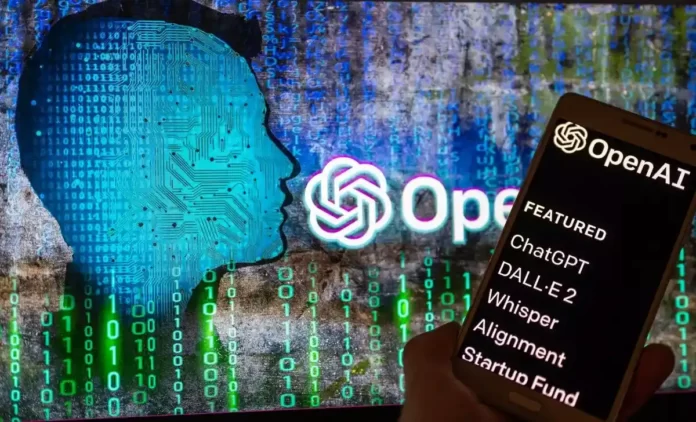The use of ChatGPT and AI technology has been rapidly increasing in various industries and has the potential to bring numerous benefits to society. This growing reliance on AI technology also raises important ethical concerns. Some of the ethical implications of using ChatGPT and AI technology include job displacement including privacy concerns and the impact on human-to-human communication.
There is a potential for AI technology to perpetuate existing biases and discrimination and there are concerns about accountability and transparency in decision-making processes. These ethical implications require careful consideration and active efforts to address them in the development and deployment of AI technology. It is crucial for society to ensure that the use of AI technology aligns with ethical principles and promotes the well-being of all individuals.
Some of the most notable consequences include
-
Job displacement
The increasing use of AI-powered language models in various industries and content creation may lead to job loss for human workers. As AI models become more advanced and cost-effective, some companies may choose to replace human workers with AI systems leading to unemployment and a shift in the job market.
-
Privacy concerns
The use of AI-powered language models involves the collection and storage of vast amounts of personal data which may be vulnerable to unauthorized access or misuse. There are real concerns about the accuracy of data used to train AI models and the potential for biased outcomes.
-
Impact on human-to-human communication
The widespread use of AI-powered language models may lead to a decline in face-to-face communication skills and an increased reliance on technology. This could have a huge negative impact on social and emotional development as well as the quality of human relationships.
Summary
While AI-powered language models have the potential to bring significant benefits, it is important to consider the potential consequences and take steps to minimize their negative impact. This may include implementing strong privacy policies providing support for workers who may be displaced and promoting the importance of face-to-face communication and emotional intelligence.










